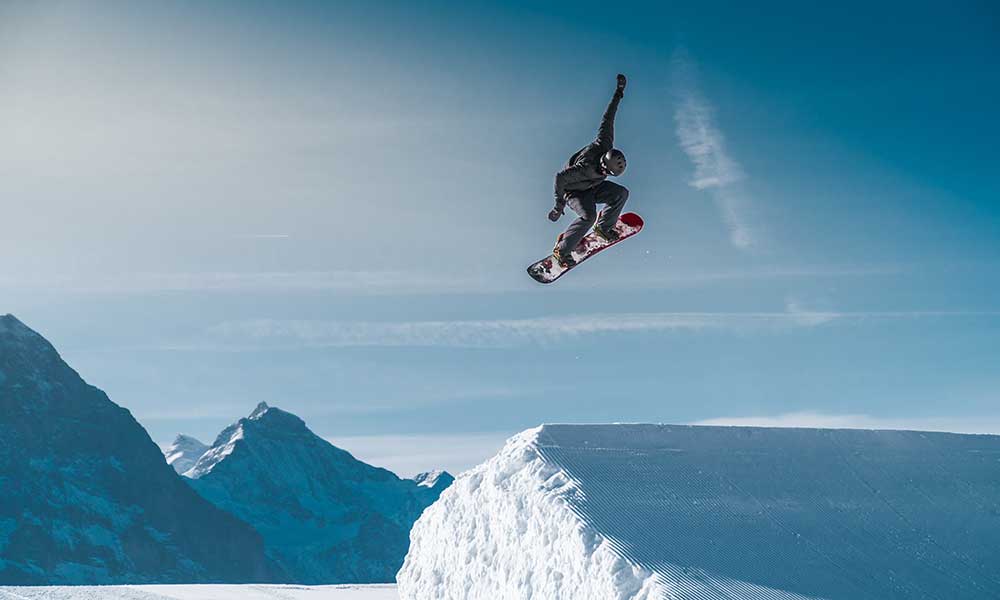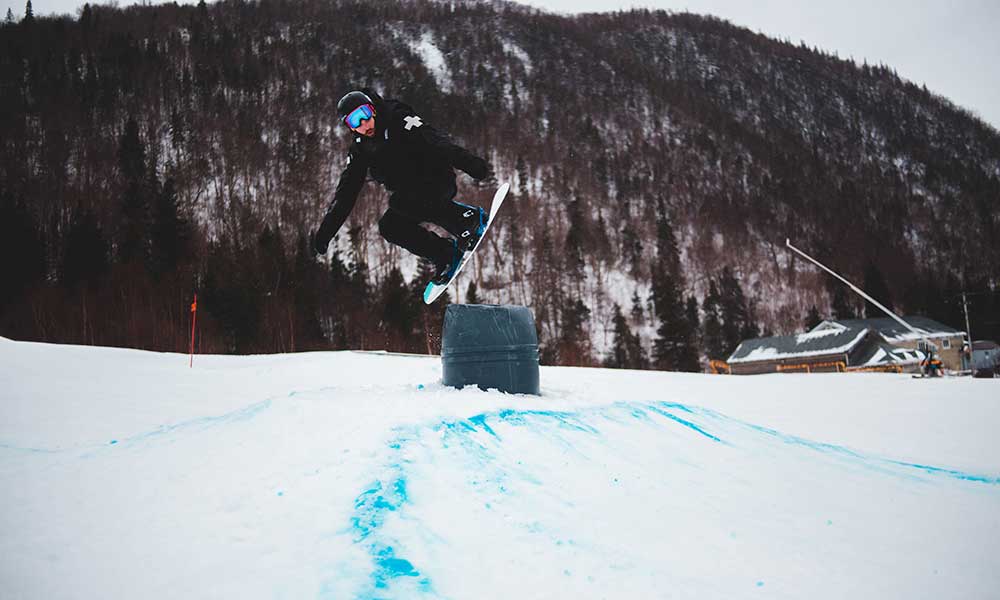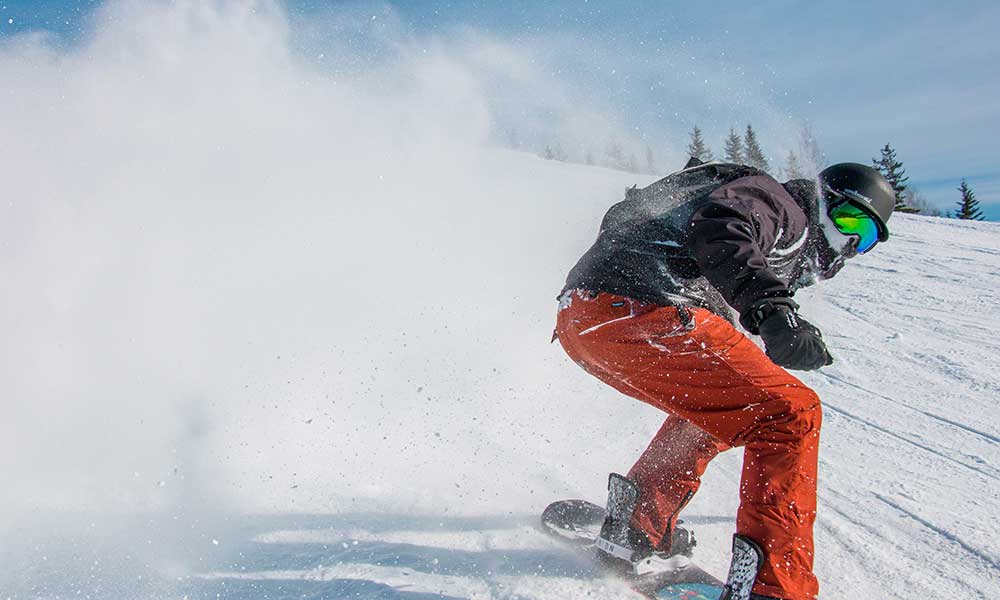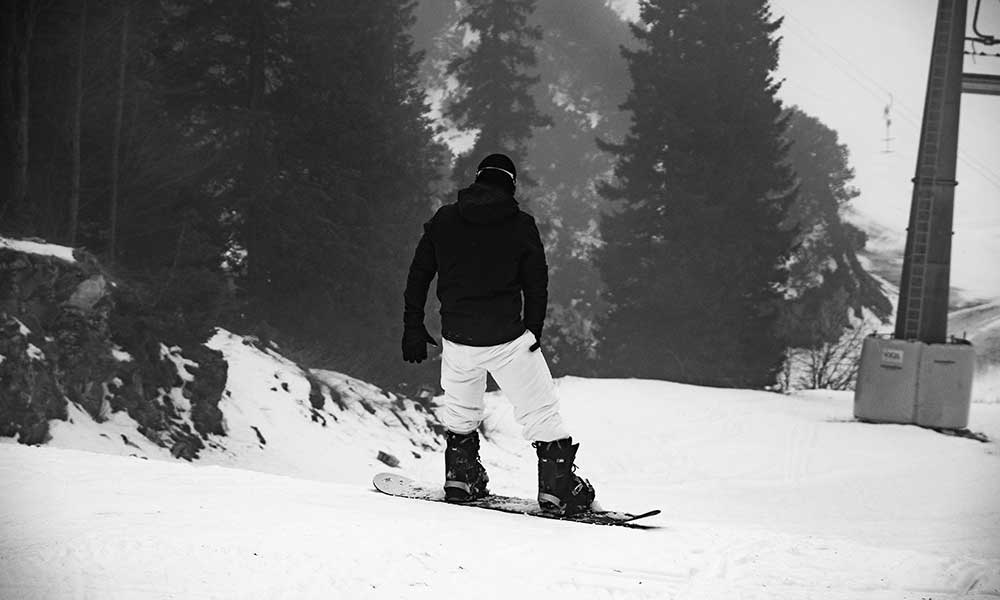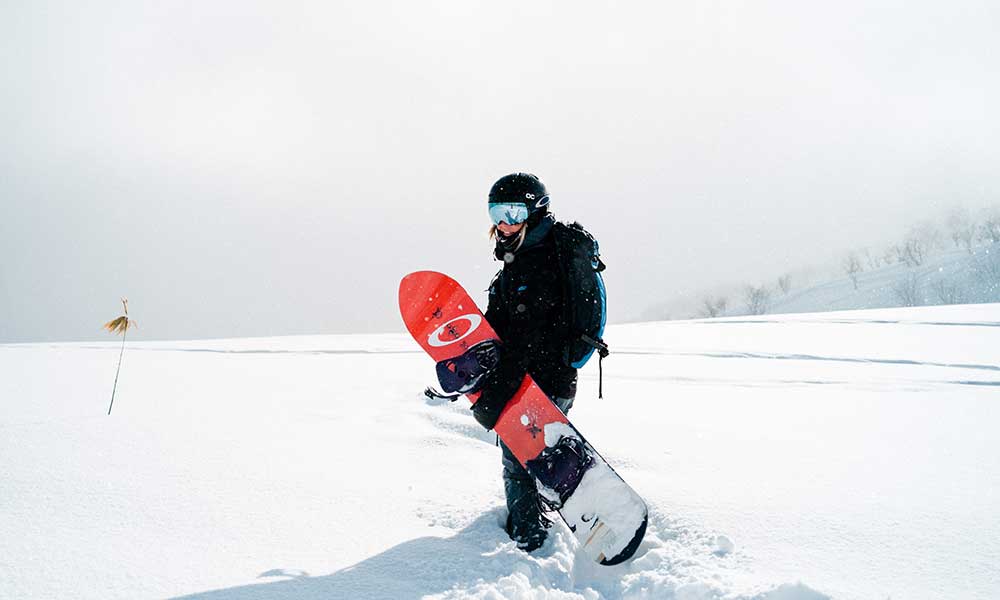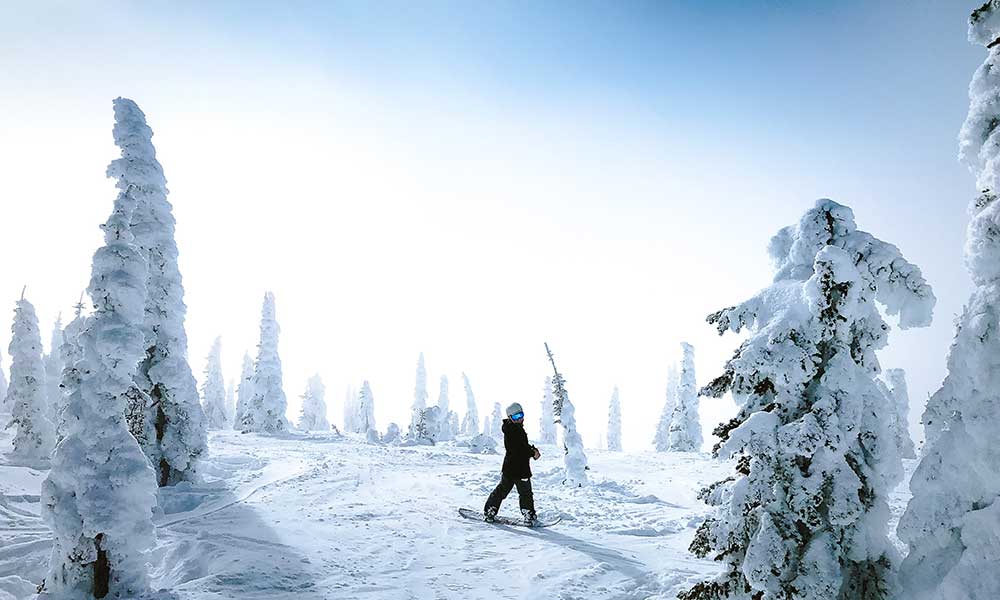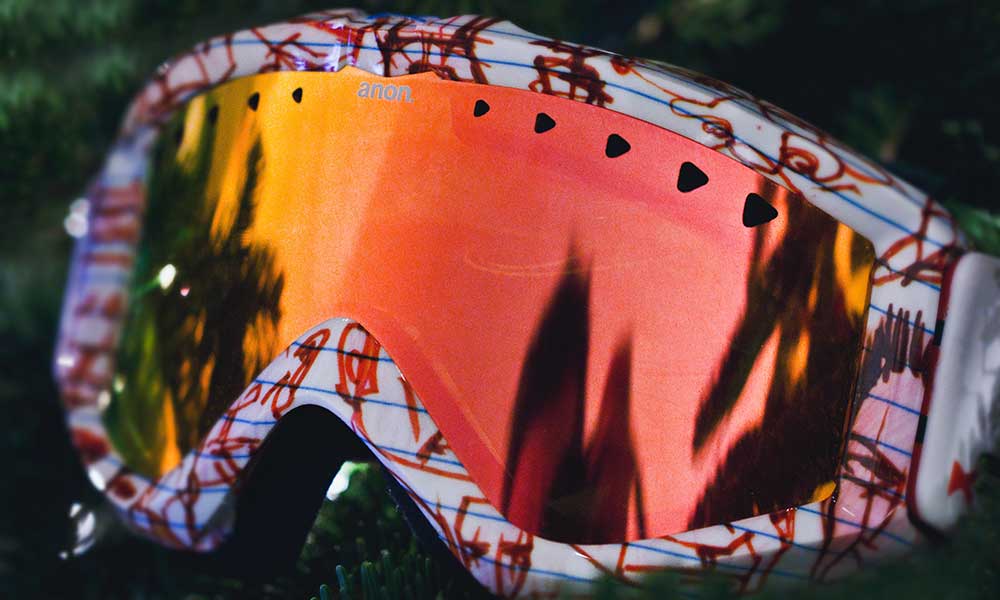The term “shred the gnar” has become a common expression in many extreme sports, include snowboarding.
But what does it mean?
What is “Shred the Gnar”?
Shred the gnar means to excel with a specific challenge. It’s an impressive move that draws praise from onlookers.
In snowboarding, you “shred the gnar” when you expertly ride through difficult or challenging terrain.
Where Does “Shred the Gnar” Come from?
The exact origin of this term is unknown, but it seems to have been popularized during the 1980s. It comes from the word “gnarly”, which also become popular during the 1980s thanks to surfing culture and films like Fast Times at Ridgemont High.
What Does Gnar Mean In Slang?
Gnar is short for “gnarly”, which, when used as slang, means something challenging or unattractive, as well as something that is very good.
The word “gnarly” was popularized as a slang term by surf culture. It’s often used when describing dangerous waves and awesome skills, but its use varies. Its origins can also be traced back much further than the heyday of surfing.
Shakespeare used the word “gnarled” back in the early 17th century, as in the following extract from Measure for Measure:
Thou rather with thy sharpe and sulpherous bolt
Splits the vn-wedgable and gnarled Oke
Shakespeare’s reference is to the word “gnarl”, suggesting, in the above passage, that the “oke” or “oak” had lots of knotty growths.
The word “gnarl” is believed to stem from “knar”, a Middle English word that referenced the actual knots in wood.
In that sense, the word “gnar” can be traced back to a Shakespearean description of knotted wood growths borrowed from a Middle English word with German roots. And now it’s used by surfers, skaters, and boarders to describe epic tricks.
Isn’t language amazing?
Shakespeare was a great proponent of language evolution and actually invented many of the words that we use today. While it’s easy to think of him as a stuffy elitist who spoke perfect English, he was actually a creative revolutionary who came from the lower classes and spoke with a strong accent unlike what many people think of as modern “Shakespearean”.
The Bard wasn’t as far removed from Jeff Spicoli as you thought, and he would have probably loved to see how this word had evolved.
“That was a gnar session”.
“That was gnar, dude”.
Shred Definition
To “shred” is to ride waves aggressively and expertly, not unlike shredding the neck of a guitar, which refers to fast soloing with exceptional speed à la Eddie Van Halen.
As a verb, the word “shred” comes to us from the Old English word “screadian”, which means to “peel” or “cut”, much like how we still use the word when referring to shredding a piece of paper. Originally, the word has Proto-Germanic and Dutch roots and meant the same thing.
From there, it evolved and was eventually picked up by the surfing and snowboarding communities who used it in reference to “cutting” through snow or waves.
“Wanna shred?”
“That was totally shred”.
Why do they say Shred the Gnar?
Why do snowboarders say, “shred the gnar” as opposed to “well done” or “that was awesome”?
Why not?
All communities have their own slang words and expressions and extreme sports are no different. These terms might be confusing to outsiders, but once you spend some time on the slopes, you’ll start using expressions like this yourself.
Unique Slang Terms in Other Sports
Surfing, snowboarding, skateboarding, and extreme sports, in general, aren’t the only sports that have their own lexicon.
Check out these sporting terms and see if you can guess what sports they are from (answers below):
Terms
1. Nutmeg
2. A Wipeout
3. Fakie
4. A Sitter
5. A Duck Dive
6. Kissed the Red
7. Hang Dog
8. Coast to Coast
9. Ankle Tap
10. Rabbit Punch
Meanings
1. Soccer: When a player kicks the ball between the legs of an opponent before rounding them and collecting it.
2. Surfing: When a surfer bails on a wave. One of the most common surfing terms.
3. Skateboarding: To ride your skateboard backward. You’ll see this all of the time at the skate park as it’s relatively easy to learn and can be very useful.
4. Soccer: An easy chance that was missed.
5. Surfing: A trick that surfers use to get under a breaking wave when paddling out.
6. Snooker/Pool: If you look for this expression in Urban Dictionary, you’re almost certainly going to find something NSFW. In actual fact, it refers to when a ball indirectly bumps into another ball in a game of snooker or pool. If you strike the white against a red, pot the red, and then the white rolls around the table and taps into another red, it is said to have “kissed” the second red.
7. Rock Climbing: To “hang dog” is when rock climbers rest on the rope when they are lead climbing. They place their weight on the rope/protection as opposed to the rock.
8. Basketball: When a player goes from one end of the court to the other, such as during a fast break.
9. Rugby: The ankle tap is a dastardly but legal move—with some exceptions—seen in games of rugby. It’s performed by “tapping” the ankle of a running player to throw them off balance and send them sprawling to the ground. Because they are running at speed, any kind of interference is usually enough to bring them down.
10. Boxing: A “rabbit punch” is a punch to the back of the head, often performed in a clinch. It is an illegal move as it can cause serious damage, but the offender will often be given multiple warnings before any action is taken.
Summary: Shred the Gnar
Terms like “shred the gnar” and “gnarly” are not just reserved for surf and snowboarding culture. They are ubiquitous across the sporting world and you may also hear similar terms used in rock climbing and mountain biking. Even non-sports people have picked them up thanks to films, TV shows, and celebrities.
Unlike many other slang terms, they have been embraced by multiple demographics and have survived for generations.

